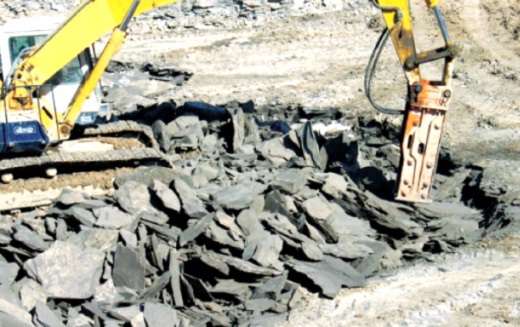[symple_box]
 International columnist, political analyst and senior journalist Ahmed Mohiuddin Siddiqui’s articles are published across Asia, Africa and Europe. He writes for The Moroccan Times, The Tunis Times, India Tomorrow, Kohram News, The Etemaad Urdu Daily and for news papers published from Muscat, Sultanate of Oman. You can follow him on Twitter at: @journopolana[/symple_box]
International columnist, political analyst and senior journalist Ahmed Mohiuddin Siddiqui’s articles are published across Asia, Africa and Europe. He writes for The Moroccan Times, The Tunis Times, India Tomorrow, Kohram News, The Etemaad Urdu Daily and for news papers published from Muscat, Sultanate of Oman. You can follow him on Twitter at: @journopolana[/symple_box]

Muscat, Sultanate of Oman—The South African Government deployed army in some towns to quell the violence against foreign nationals, a violence which left at least seven people dead, many injured and many more homeless. President Jacob Zuma stepped in to halt the xenophobic attacks in Alexandra, Durban and other towns near Johannesburg. The army deployment will instill confidence in more than two million foreign nationals residing in South Africa, the most industrialized nation of the African continent. The first spate of attacks started in 2008 in which more than 60 people died and more than 50,000 foreigners fled their homes.
In the past, it was a fight between the white people and black people before South Africa’s independence. The black people from other African countries gave shelter to those South African black people during the apartheid era. Unfortunately, the renewed xenophobic violence has pitted local black people and the foreign black ones. This tragic story unfolded because of the economic reasons like the high rate of unemployment among locals.The 24 per cent unemployment rate among South Africans has generated hate and resentment against foreigners. The Zulu King Goodwill had reportedly asked the foreigners to ‘pack their bags and leave the country. He later rejected the comment attributed to him and said his comment was distorted. Later, he sang a different tune and said that the attacks were ‘taking our continent backwards.’
The South African Defense Minister Nosiviwe Mapisa Nqakula said the army would be deployed to Alexandra, a town to the north of Johannesburg and in some areas of Durban. She declared –‘We are deploying because it is an emergency. The army will support police officers, who will take the lead in containing the violence.’

President Jacob Zuma has condemned the xenophobic attacks on foreign nationals and said,‘‘millions of South Africans condemn these atrocious killings and abhor xenophobia and all related intolerances.’’ He opined that ‘no amount of economic hardship and discontent will justify attacking foreign nationals and that the government was ‘‘deeply concerned’’ about the violence.’ Zuma realizes that South Africa needs to put an end to violence as the economic interests of this rainbow nation may suffer in many neighboring African countries. Zimbabwe, Malawi, Ethiopia and other countries have sent buses to bring back their nationals home for the purpose of security. The South African economy, which is robust for now, may bear the brunt in the future if foreigners leave South Africa in large numbers.
It is not just the African countries but also other countries like the United States and China that have asked South Africa to stop violence. There are a large number of Indian and Pakistani foreign workers in South Africa, who seem to be concerned about the cycle of violence against the foreigners. If they decide to pack their bags and leave, many textile factories and restaurants may close down resulting in huge damage to the South African economy.
Meanwhile, four suspects involved in the killing of Emmanuel Sithole were produced in court amidst heavy security yesterday. Exemplary punishment may deter the rioters and xenophobes in the future. Otherwise, the sacrifices made by the great South African leader and Nobel Laureate Nelson Mandela will go in vain and show South Africa in a different light. Speaking to The Moroccan Times, a source from Durban, expressed his anguish that the violence in his country has tarnished the good name of South Africa. The African continent and the world will watch the moves of the South African Government and President Jacob Zuma to restore normalcy of ‘Love Thy Neighbour’and do away with the xenophobic ‘Kill Thy Neighbour’ theory.
Eminent philosopher Bertrand Russell had wisely remarked –‘‘A large portion of human race, it is true, is obliged to work so hard in obtaining the necessaries that little energy is left over for the other purposes; but those whose livelihood is assured do not, on that account cease to be active.’’
President Zuma would explore ways and means to generate more employment opportunities for South Africans. When the youth are happily and profitably employed, violence will cease to exist. The human race of the haves and the haves not will co-exist peacefully.





